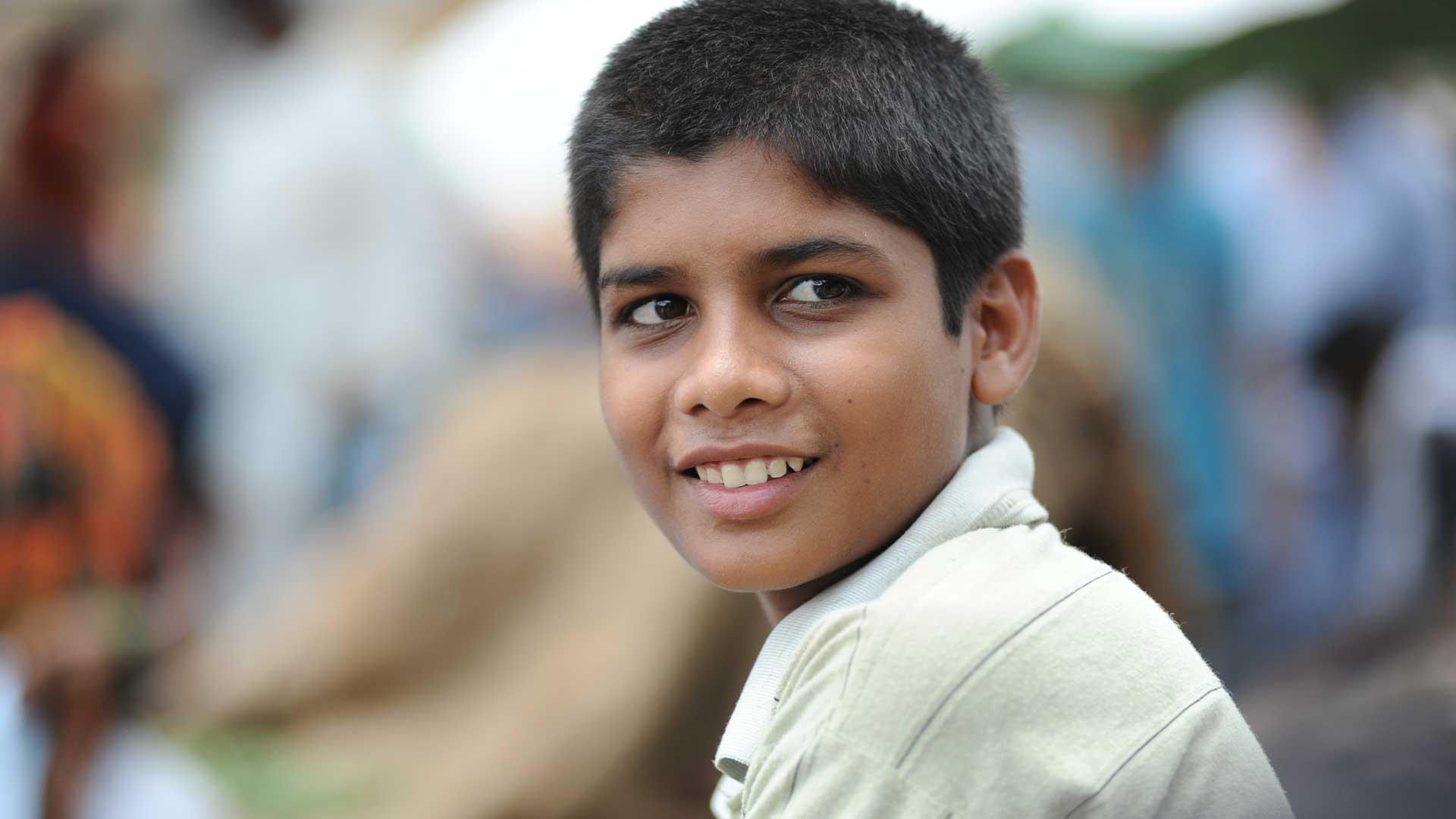E-Tools Help Shape Diabetes Care in Africa

When Seynabou Mbengue from Senegal was diagnosed with diabetes, it felt like her life had fallen apart. She knew nothing about diabetes, which left her overwhelmed and scared. “I gave up my job at an NGO and I no longer had a source of income. The disease was terrorizing me every day,” Seynabou recalls. But once she found the right care in her local hospital, she was able to get her life back on track.

In 2017, 16 million people were living with diabetes in Africa; by 2045, this number could increase to 41 million. Patients remain under-diagnosed due to a lack of disease awareness, poor access to dedicated health infrastructures and a lack of qualified doctors.
When she was first diagnosed in 2003, Seynabou had to wait hours just to see a general practitioner at her local hospital; to see a specialist, she would have to travel further from home and wait even longer.
To help these patients access appropriate specialized healthcare, we helped set up Diabetes and Hypertension Clinics (DHCs) as part of a public-private partnership with the Ministries of Health of several French-speaking African countries five years ago. Diabetes and high blood pressure (hypertension) are often linked, yet most people are often unaware of the connection. The progression of high blood pressure in Africa is twice as high as in the West.
These dedicated clinics are located in the local hospitals and offer disease-specific care through screening, early diagnosis and disease management with the appropriate equipment and trained physicians. Their creation has helped lighten the load for the generalist practitioners.
Working with our local healthcare partners, we have now upgraded 16 clinics in Ivory Coast, Senegal and Cameroon with e-health technologies. The goal is to provide more relevant care with the aim of turning the clinics into centers of excellence to prevent and treat diabetes and high blood pressure so that patients living in remote areas are properly cared for without having to travel to a larger town or city.
An important feature of this 'm-Diabetes and Hypertension Clinics' (m-DHC) project is the launch of a digital tool that captures medical data from patients like Seynabou during her visit.
The tool, developed in partnership with the Université Francophone Numérique (Digital Francophone University), collects and evaluates patient data, which can then be used to improve disease management.
We have trained the m-DHC heads on how to use the digital tool and we will also use digital tools to provide remote, certified diabetes training programs for healthcare professionals as well as education materials for patients.
The goal is to make sure more and more patients like Seynabou have better access to specialized care close to home.
-----
Sanofi has worked in the field of diabetes for more than 100 years and through its range of treatments and programs has built a tailored and personalized approach to care. This individualization of care is increasingly important as we understand more about the disease. Part of our global health remit is improving access to healthcare for the most vulnerable people living with Non-Communicable Diseases (NCDs) such as diabetes in low- and middle-income countries. Reducing the burden of NCDs in these countries is part of our Global Health ambition and in line with the United Nations Sustainable Development Goals 3.4.
Since 2014, Sanofi has supported…
31
Explore more

The Rise and Rise of Chronic Diseases in Africa

My Child Matters: Improving Childhood Cancer Survival in the Developing World
